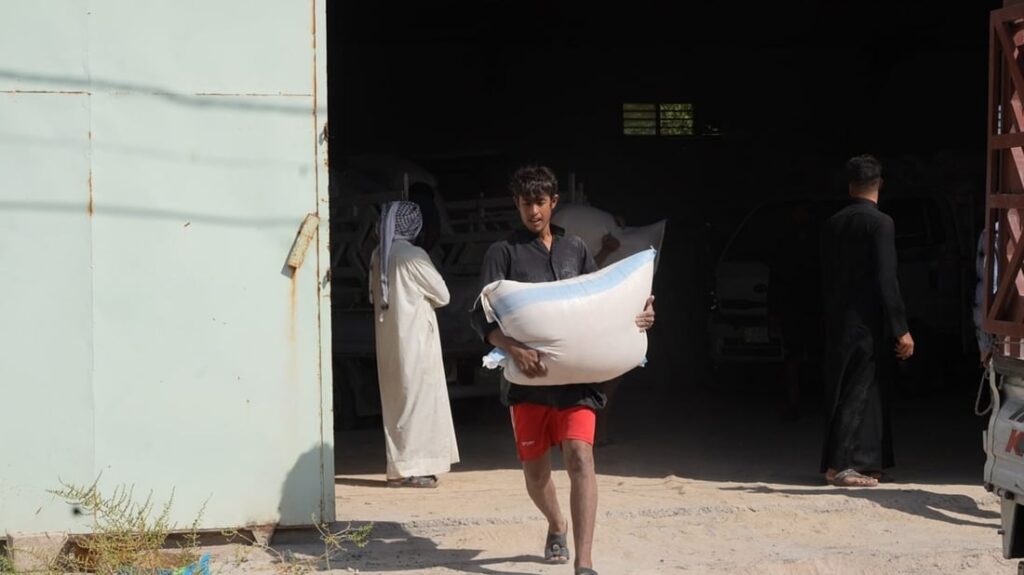Iraq: Welthungerhilfe (WHH) Iraq Project IRQ-1016: Minimum Dietary Diversity Score for Women (MDDS-W) Report
As a part of the project, “Establishment of sustainable livelihoods for returnees, IDPs and vulnerable host community members in Ninevah Province, Northern Iraq”, the Minimum Dietary Diversity Score for Women assessment is used to reflect micronutrient adequacy as a key dimension of diet quality. By measuring the number of food groups that women of reproductive age consume in the previous day, the results are used to estimate the micronutrient levels of the population.
The assessment was conducted with 196 women across four sub-districts in Hamdaniya, Iraq, in October 2018, using the standard questionnaire format of the FAO, adopted to the country context and including additional livelihood questions. The sampling method and size was mainly restricted by access and security constraints, which in turn inhibits a risk of introducing a positive result bias as the most unstable areas could not be accessed for the survey.
The assessment showed that slightly over half of the women of reproductive age consumed foods from at least five food groups a day and achieved a satisfactory level of dietary diversity. Dietary diversity was lowest among women in Nimrud, the sub-district with the most volatile security situation in Hamdaniya. In contrast, nutrition scores were highest for women whose households engaged in food processing and storage.
Analysing the results within the wider Sustainable Food and Nutrition Framework and its four pillars; food availability, access, use and stability, it is clear that stability, determined by overarching political and security factors, has a major impact on the other three pillars and thus, nutrition outcomes.





